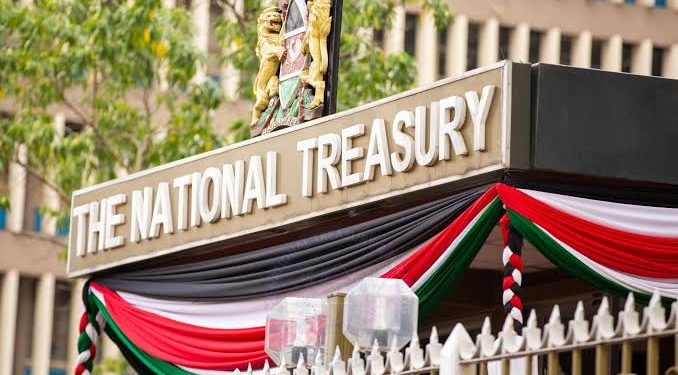The government has proposed tax measures that will hit hard on youth and salaried Kenyans. This is likely to worsen cost of living that is already high for majority of Kenyans.
Kenyans earning more than Kshs 500,000 per month will be hit hard with a proposal to increase pay as you earn (PAYE) from 30 percent to 35 percent.
The Bill has also proposed imposition of a three percent housing levy on an employee’s basic salary that will then be matched by their employers. This is however capped at Kshs 5,000 per month.
The Bill note that employees can either use the money saved to acquire homes or get their money in cash upon retiring or after expiry of a seven-year period after they start saving, whichever is earlier.
The Finance Bill has also proposed changes to the Income Act requiring some taxpayers to remit certain taxes within 24 hours of collection. These include betting firms and landlords’ rental income, unlike in the current situation where they are required to remit before the 20th day of the following month.
Read:Treasury Hunts for A Lead Manager for New Eurobond
The Bill also empowers KRA to demand taxes from any business or individual to pay tax within 24 hours after a transaction is concluded.
“The Commissioner may, by notice in the Gazette, require taxpayers in any sector to remit excise duty collected on certain excisable services within twenty-four hours from the closure of transactions of the day,” reads a section of the bill.
Perhaps to the relief of consumers and businesses, Treasury has proposed doing away with the annual inflation adjustment on excise duty by repealing Section 10 of the Excise Duty Act (2015).
The section allows KRA to increase excise duty on different products to cater for inflation. This has in the past affected prices of such products as fuel, alcoholic beverages, cigarettes, bottled water, fruit juices and confectionery.
Users of cooking gas will also enjoy some relief as Treasury proposes to add Liquefied Cooking Gas (LPG) to the list of items that are VAT exempt. VAT on cooking gas was introduced by the Finance Act 2022 at a lower rate of eight per cent.
Treasury has now proposed the deleting the section that introduced the tax on LPG and also added it to the First Schedule of the Act that lists VAT exempt supplies.
The government will undertake reforms in tax policies as well as how KRA goes about collecting taxes. This is expected to increase tax revenues to about Kshs 4 trillion with the administration’s first term in office from Kshs 2.0 trillion in the year to June 2022.
Email your news TIPS to editor@thesharpdaily.com















